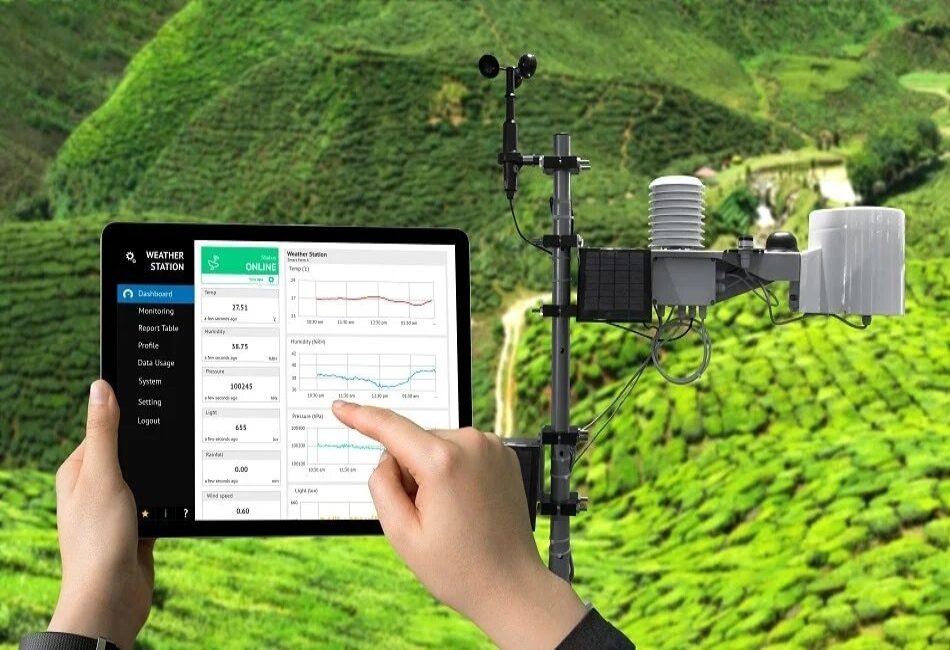Precision Climate Management
According to the modular cleanroom manufacturers, precision climate management is crucial in maintaining the integrity and functionality of sensitive environments such as laboratories, data centres, and museums. These environments require strict control over temperature, humidity, and other atmospheric variables to protect sensitive materials, equipment, and data. The right gadgets not only help in achieving these goals but also ensure operational efficiency and safety.
Core Technologies in Precision Climate Management
At the heart of precision climate management are advanced HVAC systems designed specifically for critical environments. These systems are capable of maintaining precise temperature and humidity levels that can be adjusted to minute tolerances. A key component in these setups is a temperature monitoring device, which provides real-time feedback and ensures that the environmental conditions remain within specified parameters. This device is essential for immediate adjustments and for alerting managers to potential issues before they become critical.
Humidity Control Solutions
Managing humidity is equally important as temperature control in many sensitive environments. Devices like dehumidifiers and humidifiers are used to maintain optimal humidity levels, which can prevent the growth of mould, protect against static electricity, and ensure the longevity and reliability of stored data and sensitive materials.
HEPA Filtration Systems
High-Efficiency Particulate Air (HEPA) filters are indispensable in environments where air purity is critical. These filters are capable of trapping 99.97% of particles that are 0.3 microns in diameter, effectively removing dust, pollen, mould spores, and bacteria from the air. This level of filtration is essential in places like clean rooms and hospitals where even the smallest contaminants can have significant impacts.
Smart Sensors and IoT Integration
The integration of smart sensors and IoT technology represents a revolution in precision climate management. These sensors can monitor various environmental parameters, including temperature, humidity, air quality, and light levels, and feed this information back to a central system. This integration allows for automated adjustments and provides a comprehensive overview of environmental conditions in real time.
Data Analytics and Predictive Maintenance
With the data collected from IoT sensors, facilities can use advanced analytics to predict when systems may fail or when environmental conditions are likely to change. This predictive approach not only helps in maintaining constant conditions but also significantly reduces downtime and maintenance costs by addressing issues before they cause disruptions.
Energy Efficiency and Sustainability
Modern climate control gadgets are increasingly designed with energy efficiency in mind. Technologies such as variable refrigerant flow (VRF) systems adjust the amount of refrigerant flowing to different parts of a building based on demand, which significantly reduces energy consumption. Similarly, smart thermostats and automated building management systems can optimize energy use without compromising the stability of sensitive environments.
Renewable Energy Integration
As the push towards sustainability grows stronger, the integration of renewable energy sources with climate control systems is becoming more prevalent. Solar panels, for instance, can provide clean energy to power HVAC systems, reducing reliance on non-renewable power sources and decreasing operational costs.
Challenges in Implementing Advanced Climate Control Systems
Implementing these advanced systems can be challenging, particularly in older buildings or in facilities that were not originally designed with such precise environmental controls in mind. Retrofitting old systems can be costly and disruptive but is often necessary to meet current standards and operational requirements.
The Future of Precision Climate Management
As technology continues to advance, the future of precision climate management looks promising. Developments in AI and machine learning could lead to even more sophisticated control systems that can autonomously adjust environmental parameters in response to both internal changes and external weather conditions.
The ongoing development of smarter, more responsive sensors and the increasing integration of IoT devices are set to further revolutionize this field. These advancements will likely make precision climate control more accessible and cost-effective, enabling more facilities to maintain optimal conditions for their critical operations.
Embracing these technologies and integrating them into sensitive environments not only enhances the functionality and safety of these spaces but also contributes to broader objectives like energy efficiency and sustainability. As we look to the future, the role of precision climate management in sensitive environments will undoubtedly become more central, driving innovation and improvement across numerous industries.
